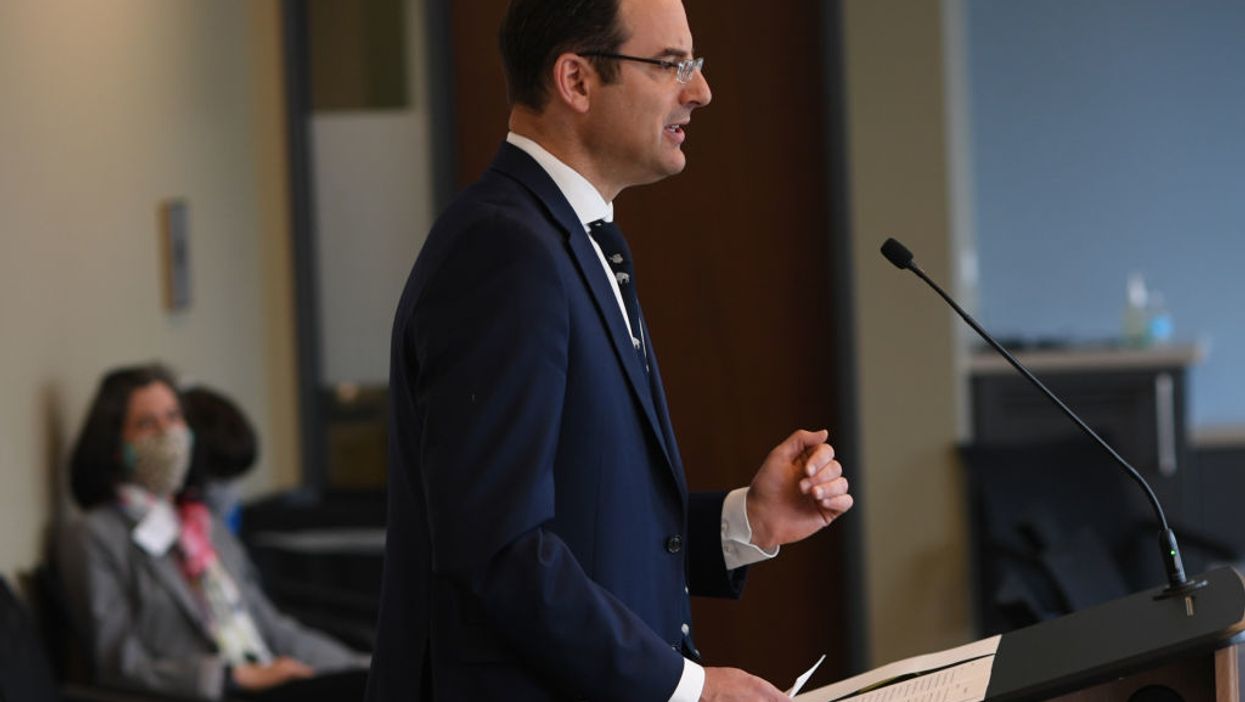The Supreme Court ruled unanimously on Monday that states may require presidential electors to cast their ballots for the candidate chosen by popular vote.
The decision, written by Justice Elena Kagan, appears to end the quixotic pursuit of a legal endorsement for "faithless electors" — Electoral College delegates who want to follow their own conscience instead of the voters' wishes.
By clearly rejecting the idea that electors can vote however they want, the ruling removes one strategy that opponents of President Trump attempted to use in 2016 and may have wanted to employ again if Trump were reelected this fall.
Kagan concluded that the electors have "no ground for reversing the vote of millions of its citizens."
"That direction accords with the Constitution — as well as with the trust of a nation that here, We the People rule," she concludes.
Kagan's opinion, which includes references to the TV show "Veep" and the smash-hit Broadway musical "Hamilton," was joined by all of the justices except Clarence Thomas and Neil Gorsuch.
The two endorsed the outcome of the ruling but disagreed with Kagan's reasoning that the prohibition on electors going their own way was based on the Constitution.
Instead, they say the matter is not clear in the Constitution and therefore is left to the states.
The case emerged from the state of Washington, where three Democratic electors pledged by state law to support Hillary Clinton in 2016 decided to cast their ballots for someone else. The three hoped to convince others to follow their example, particularly those in states won by Trump. Their goal was to deprive him of a majority of electors and throw the election into the House. The electors voted for former Secretary of State Colin Powell, but they were replaced and fined $1,000 each.
The electors issued legal challenges but lost in district court and state Supreme Court.
Meanwhile, the U.S. Court of Appeals for the 10th Circuit ruled the opposite way in a case involving a faithless elector in Colorado. That court said the Constitution gave electors some discretion in casting their votes.
The Supreme Court took up the case to resolve the conflict.
Paul Smith, vice president of the Campaign Legal Center, said the ruling was correct because it eliminates the danger that a candidate could buy an election.
"If electors had been turned loose to violate state law and ignore state's voters, they would have been free to accept contributions from wealthy special interests who want to influence our politics," Smith wrote.




















